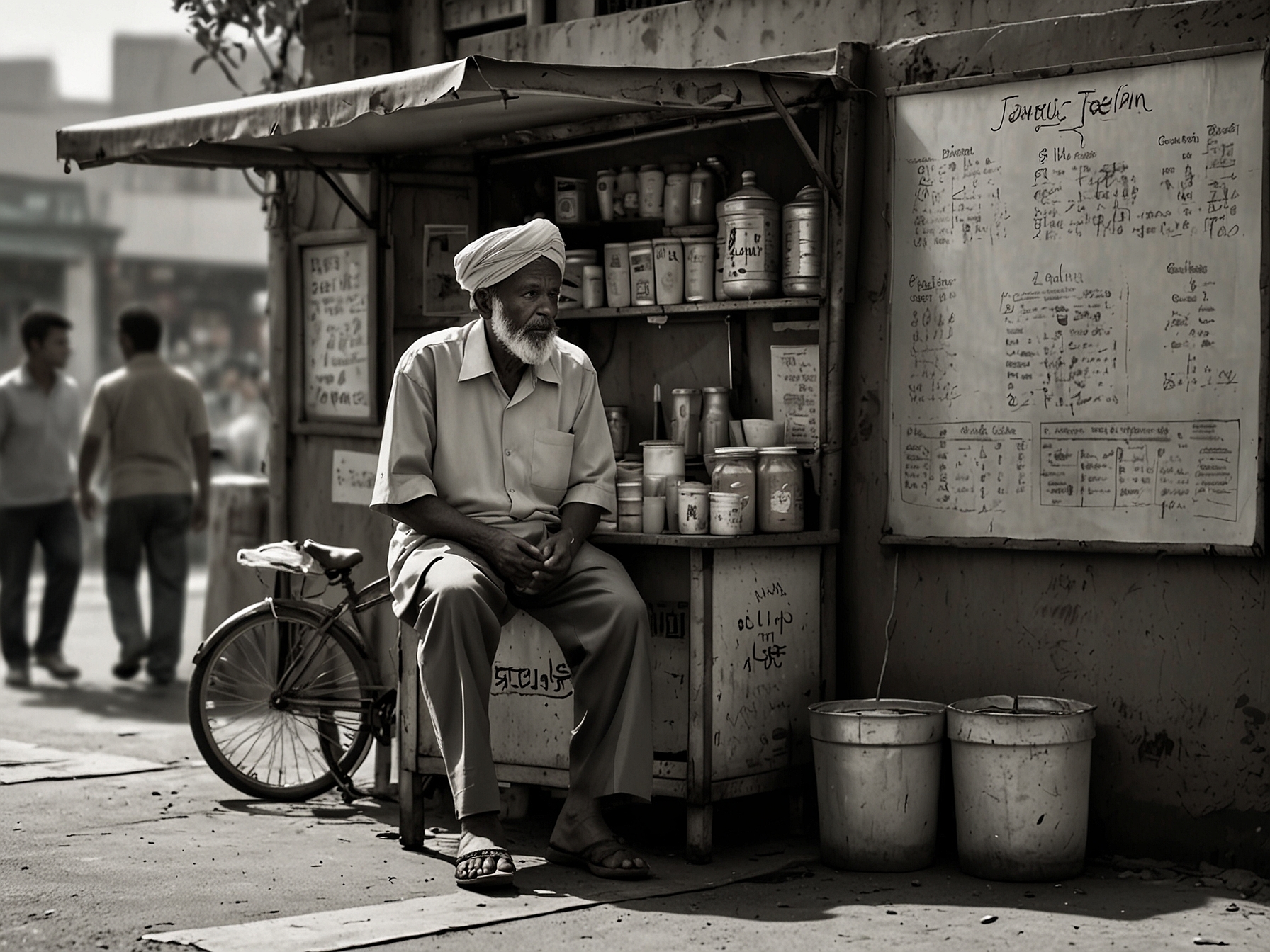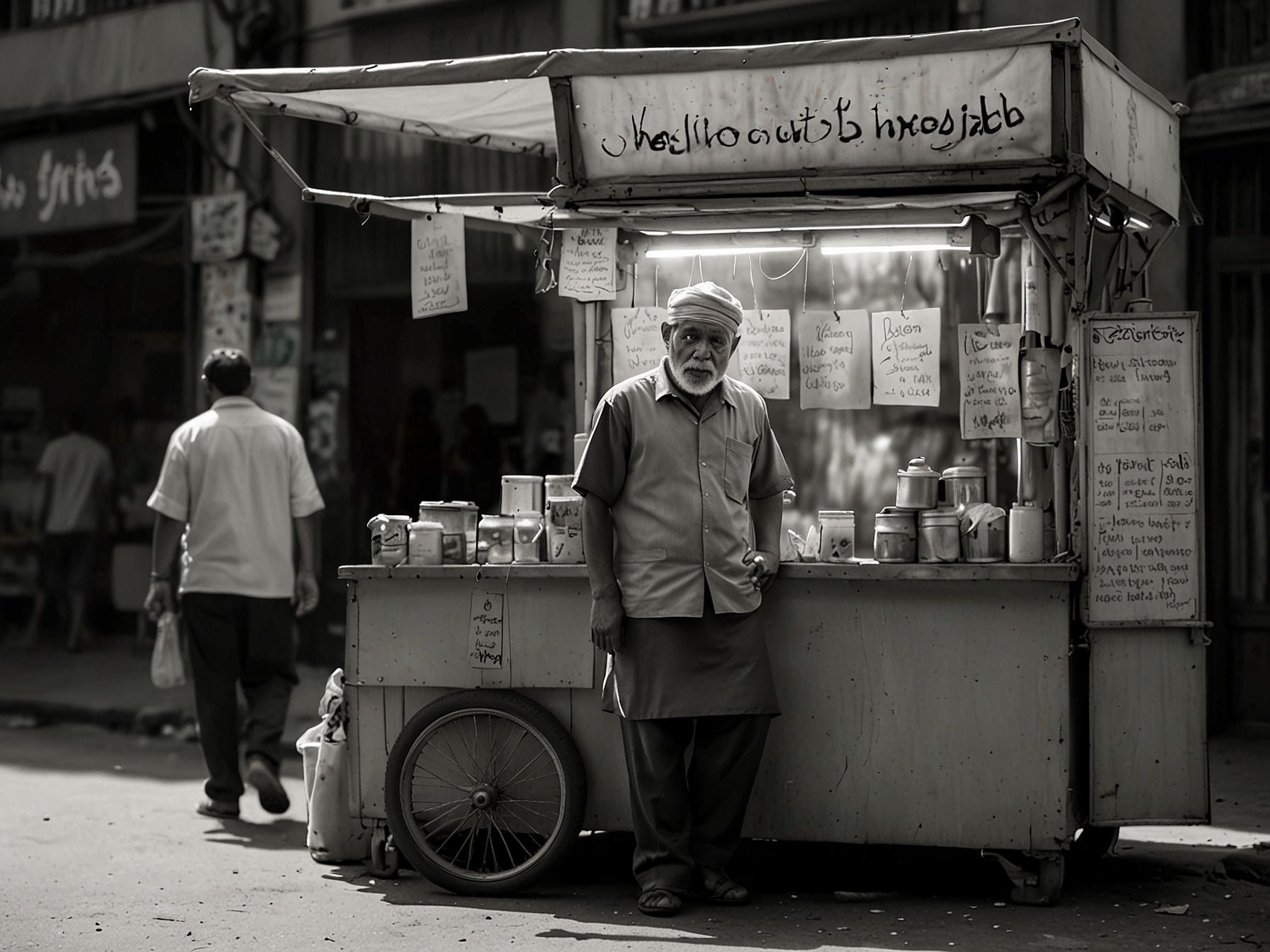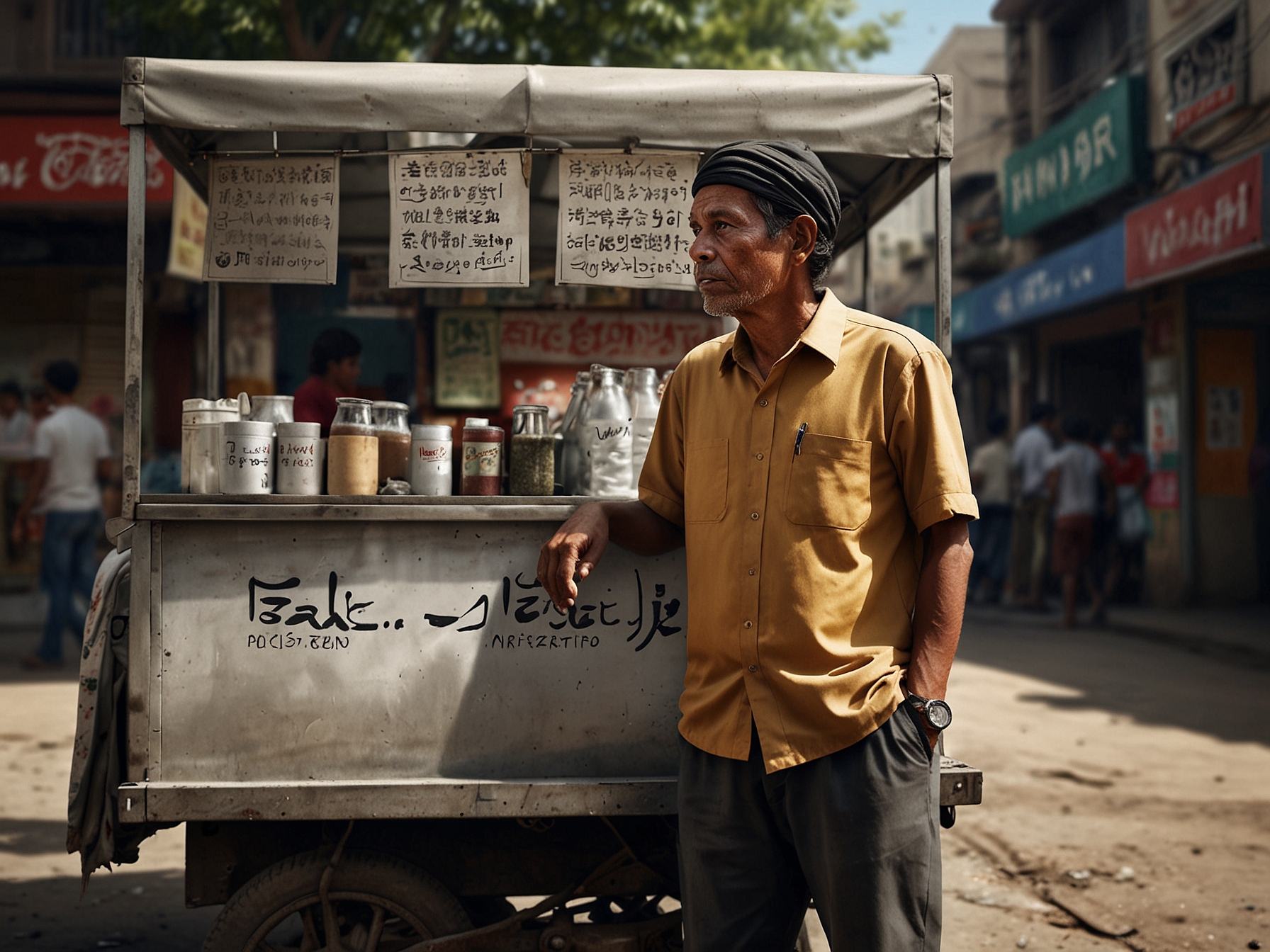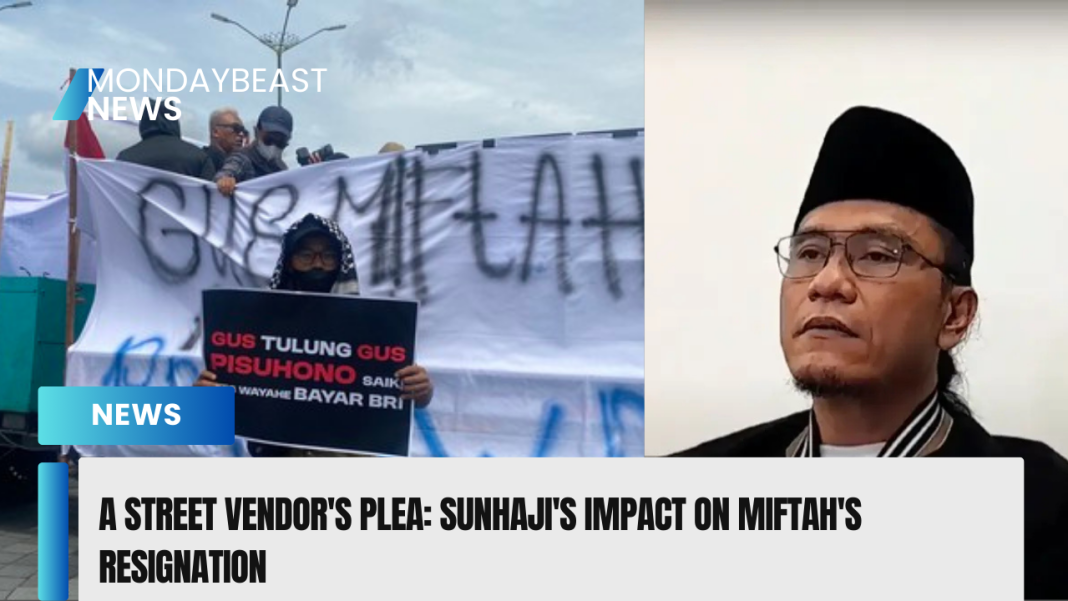### The Unexpected Fallout
In today’s world, actions often have unexpected consequences. A casual joke can draw laughter, but it can also spark outrage. That’s precisely what happened when Miftah Maulana Habiburrahman, better known as Gus Miftah, made a comment about a street vendor selling iced tea. This incident reverberated across social media and the nation, leaving fans and critics alike grappling with the implications.
Gus Miftah’s flippant remark was not just a joke but a demonstration of reverence for one’s craft. He was speaking at a religious event when he joked about Sunhaji’s iced tea sales. ‘Es teh kamu masih banyak nggak? Masih? Yaudah dijual lah
*,’ he said, punctuated with a word many deemed inappropriate. While laughter erupted in the audience, the online community quickly pushed back. Was this a moment of comedic relief or a slip in decorum?
### Sunhaji’s Heartfelt Reaction
Then enters Sunhaji, the iced tea vendor at the center of this storm. In a video that makes the rounds on social media, he appeared emotional. He expressed regret over Miftah’s resignation as the Presidential Special Envoy. ‘Saya sudah memaafkan Gus Miftah dan saling memaafkan,’ he said, asking President Prabowo Subianto to reject Miftah’s decision. Watching him speak, one can’t help but feel the mixture of vulnerability and humanity.
It’s a reminder that behind politics, there are real people with feelings. In moments like these, one wonders about the weight of forgiveness. Should one’s humor dictate their professional journey? Is it fair for a minor slip to create such a significant rift? Sunhaji’s gentle plea painted a poignant picture. He spoke with sincerity, touching hearts even as tears fell from his weary eyes. He didn’t see Miftah as a powerful figure but as a mentor and guide.

### The Response from the Streets
Meanwhile, a group dubbed ‘Aliansi Santri Jalanan’ gathered at Titik Nol Kilometer Jogja. These street students voiced their support for Miftah. They carried signs and chanted slogans. They believe he is “the mentor they need.” Their message was clear: this incident does not define Miftah.
‘Kami santri mendukung abah karena beliau mengayomi kami orang-orang jalanan,’ exclaimed one supporter. Is standing together in solidarity a response to someone’s misstep? Or perhaps, a reflection of Miftah’s genuine impact in their lives? The street vendors and students seem to think the latter.

### Miftah’s Apology
In an attempt at reconciliation, Miftah made the short trip to visit Sunhaji in Grabag, Magelang. There, he offered a heartfelt apology. During this visit, he emphasized that he wished to mend what was fractured. ‘Saya dan Gus Miftah tidak punya masalah apa-apa,’ Sunhaji replied. Can you imagine the weight lifted from Miftah? The acceptance of forgiveness must feel like a breath of fresh air, especially in such a charged political climate.
This moment of personal connection challenges the notion of celebrity, power, and humility. Miftah’s journey from the stage to Sunhaji’s humble abode highlights a fundamental truth. No one, regardless of stature, is immune to the nuances of interpersonal respect.
### Political Implications
Miftah’s resignation resonated deeply, particularly within Indonesian politics. After publicly acknowledging his inappropriate comment, he stepped down from his position as Presidential Envoy for Religious Harmony. ‘Saya mulai dari awal lagi,’ he stated. Reflection and accountability underscored his choice.
President Prabowo Subianto characterized Miftah’s decision as ‘tindakan kesatria’— a knightly act that warrants respect. Such a reaction raises questions about leadership and accountability. Should leaders be held to a different standard, or does the expectation exist for everyone? In a culture steeped in respect and hierarchy, Miftah’s choice is considered bold.
### Lessons Learned
As this unfolding drama plays out, it shines a light on humanity within politics. When a street vendor pleads for another chance for a public figure, what should we take away from it? It appears to remind us that we are all human. Everyone stumbles, and everyone deserves an opportunity to learn and grow.
Moreover, does this incident compel society to re-evaluate our treatment of humor in public discourse? Or how we perceive figures in the religious or political spheres? The complex interplay between humor, respect, and politics deserves more than a casual glance. Perhaps we should take a moment to ponder: how can we better harness the power of compassion in our modern interactions?




